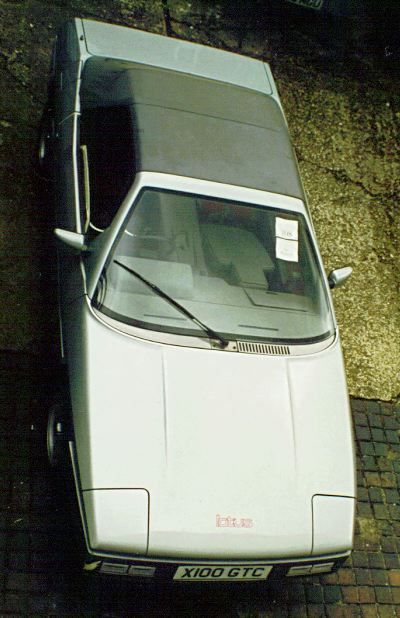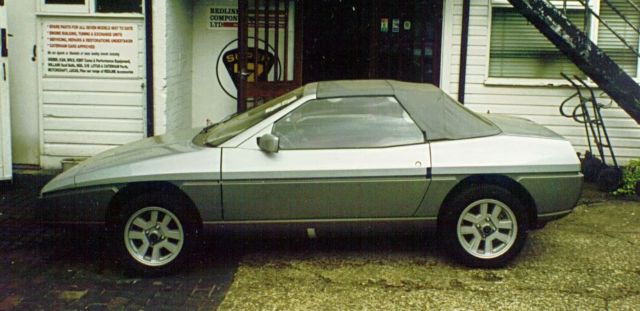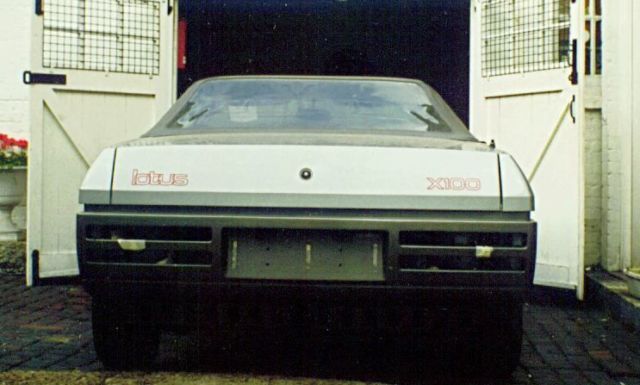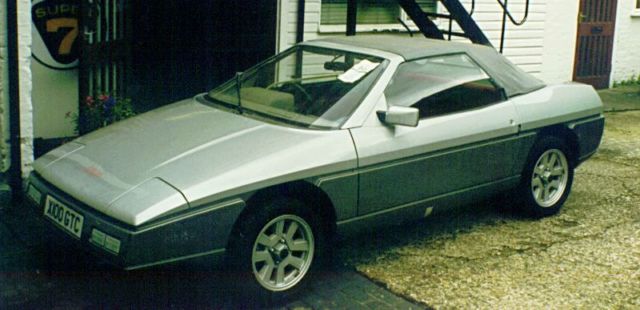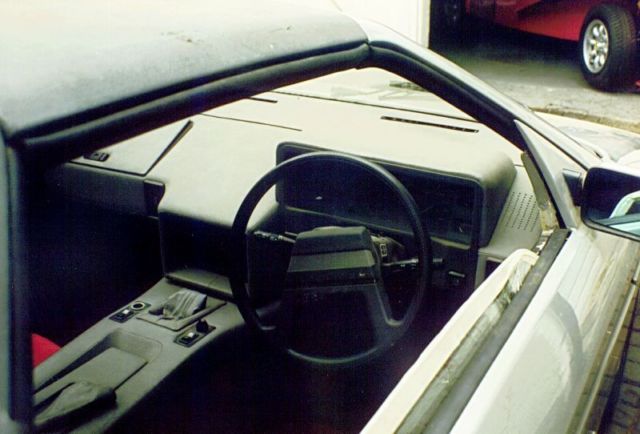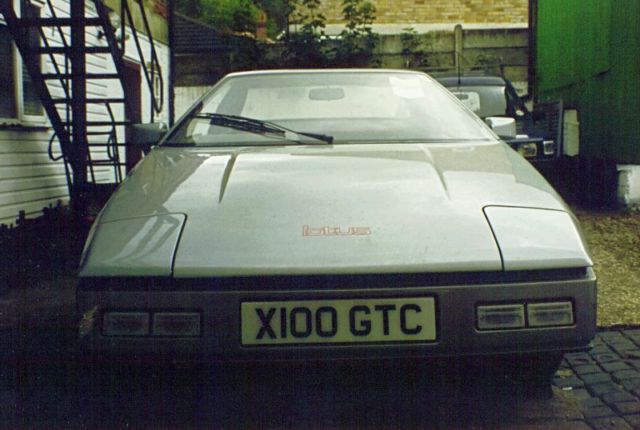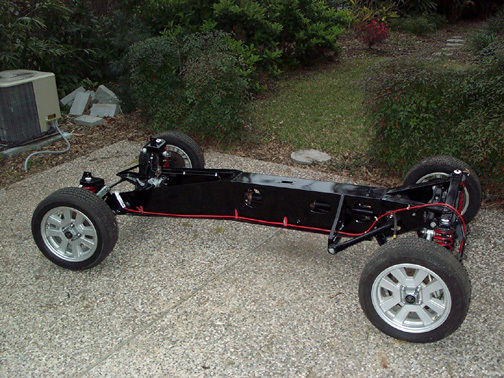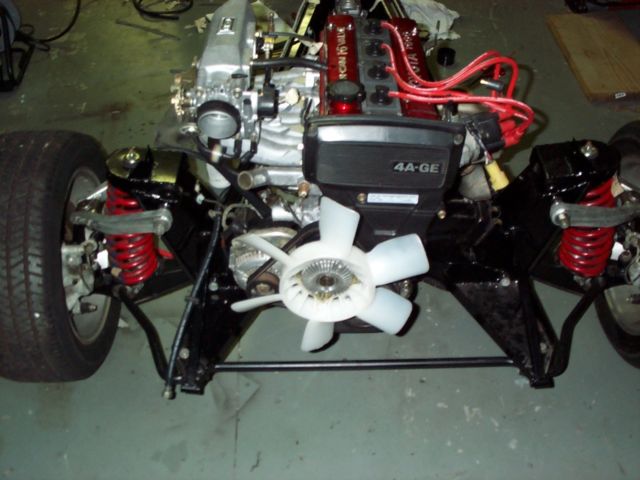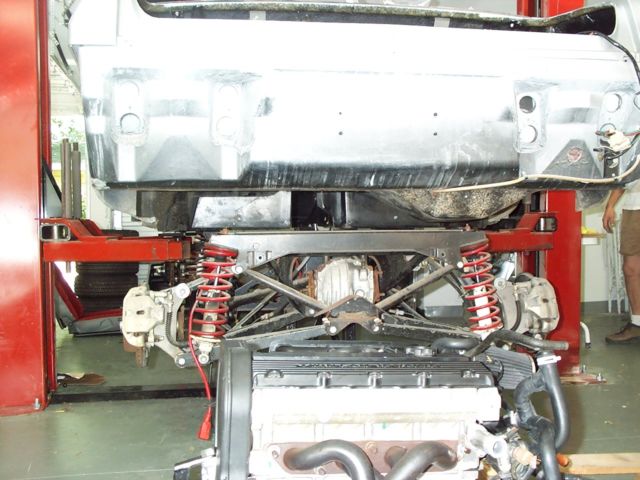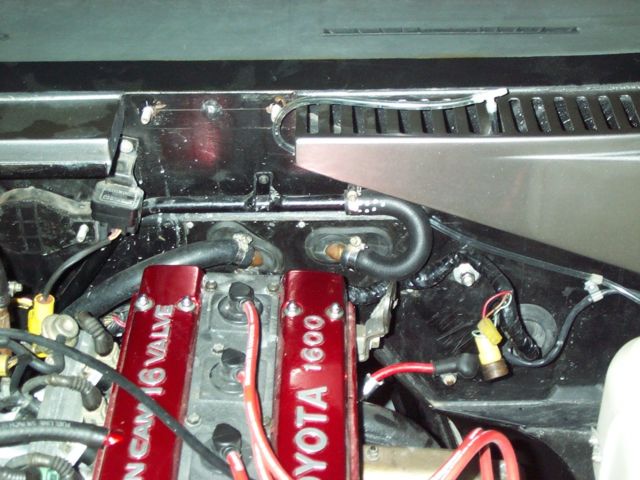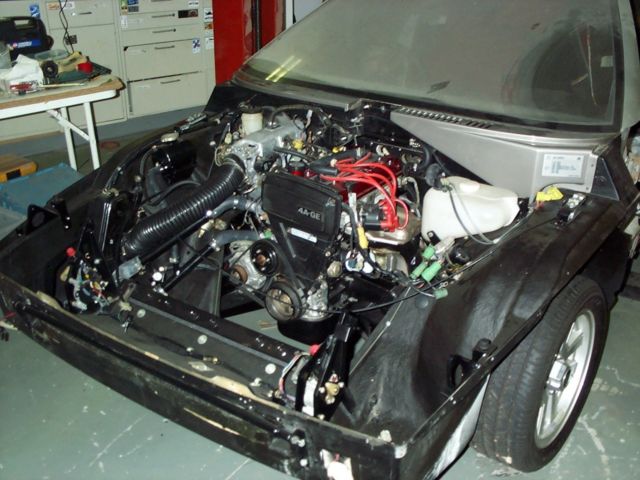1984 Lotus M90 Elan prototype - only one in the world
- Price:
- Location: Houston, Texas, United States
- Make: Lotus
- Model: Other
- SubModel: M90/X100 prototype
- Type: Convertible
- Year: 1984
- Mileage: 12,000
- VIN: 1T9131418X1468125
- Color: silver.grey
- Engine size: 1600
- Number of cylinders: 4
- Power options: Power Windows
- Fuel: Gasoline
- Transmission: Manual
- Drive type: rear wheel/front engine
- Interior color: grey/red
- Options: Convertible
- Vehicle Title: Clear
1984 Lotus Other M90/X100 prototype Description
DescriptionIn March 1981, Oliver Winterbottom was brought back to Lotus to design a lower end sports car to compliment the Excel (derived from the Elite and Eclat, which he had designed) and Esprit, and bring profitability back to Lotus. But past a few models to project did not progress. After the death of Lotus founder, Colin Chapman, it was decided in 1984 to revisit the project and build a working prototype using the Toyota 4A-GE 1.6 L engine, the result was the M90 (although somewhat confusingly it was also given the code number X100). The prototype was produced to a high level of finish, with full interior, and painted two-tone silver-gray. However, the M90 was to go no further. By 1985 Peter Stevens was working on a front wheel drive Elan (M100). The one and only M90 thus languished in a warehouse at the Lotus factory at Hethel until 1998 when Lotus Cars decided to auction of their Museum and related collection at the Coys Auction at the Silverstone International Historic Festival. The car has been totally stripped to the unique bare chassis (which is now powder coated) and partially re-assembled after painting and interior refurbishment. The car was fully working prior to restoration, and is complete. Hundreds of photographs document the restoration to date. Full documentation including: owners manual, test sales literature, original drawings, shipping documents (when it was shipped to Japan for testing by Toyota), etc.
History "What is an M90?" After all the comprehensive "Lotus Book" skips from M89 (Excel) to M91 (Formula 1 race car) with no entry for the M90 or any mention of its designer, Oliver Winterbottom, in the index. The former omission is not surprising since the M90 project (also known as X100) never got further than clay models and one prototype. However, the second omission is not as understandable, since Oliver Winterbottom was responsible for the wedge shaped designs of the Elite and Eclat. In March 1981, Oliver Winterbottom was brought back to Lotus from working as a freelance with TVR, where he had designed the Tasmin. The design goal was to develop a low(er) end sports car to compliment the Excel (derived from the Eclat) and Esprit, and bring profitability back to Lotus. Like the Excel, the new Elan was to have Toyota components, specifically it would use the 115 bhp 2-liter single overhead cam Celica engine and rear-drive transmission. Although the M90 was to be the new Elan and hence one would image would be a convertible, the early designs were all of a fixed head coupe. The first iteration was deemed to look too much like the Porsche 928, due to its fastback shape. A revisions were made to give the car a notch back style, before a true hatch back was settled on for making into a full size model. This model was displayed at Hethel, along with contemporary TR7 and Mazda RX-7 models. The M90 was smaller than either, but with a more spacious interior. Chapman was not impressed, but gave the go ahead to try and use this model to raise the financial backing. Unfortunately, the backing didn't come and Chapman died in 1982. The post Chapman era for Lotus was bleak with creditors snapping at their heals. However, Mike Kimberley, then the Managing Director and member of the Lotus Board, arranged for significant financial support from Toyota. This in turn led to David Wickens of British Car Auctions taking a controlling interest in Lotus. These events reinvigorated the M90 project and Winterbottom went back to work. The new M90 was to have the Toyota 4A-GE 1.6 Liter, twin overhead cam, 16 valve, engine which allowed it to be shorter than before. During this time, David Wikens decided to re-name the M90 as X100 (of course M100 was later used for the front wheel drive Elan). However, most people, including Oliver Winterbottom, still call this car as the M90. Despite some meddling with Lotus traditions (like changing the Lotus badge) Wickens did give the go ahead in 1984 for one car to be made. The prototype was to be a convertible, despite the majority of the previous work being aimed to a 2+2 fixed head coupe. The car was produced to a high level of finish, with full interior, and painted two- tone silver-gray. However, the M90 was to go no further. By 1985 Peter Stevens was working on a front wheel drive Elan. The one and only M90 thus languished in a warehouse at the Lotus factory at Hethel.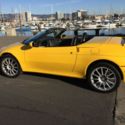 1991 Lotus Elan M100, Lotus, Elan
1991 Lotus Elan M100, Lotus, Elan
Mileage: 117811
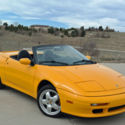 1991 Lotus Elan M100 - only 16k miles! - Best Elan in the Country - Clear Title!
1991 Lotus Elan M100 - only 16k miles! - Best Elan in the Country - Clear Title!
Mileage: 16,500
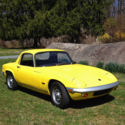 1968 Lotus Elan S4 SE FHC, Lotus Yellow with Black Interior. Excellent Condition
1968 Lotus Elan S4 SE FHC, Lotus Yellow with Black Interior. Excellent Condition
Mileage: 10,871
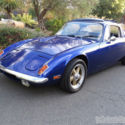 1973 Lotus Elan +2 Coupe Webasto Sunroof, Restored, Lotus Certified Plus 2
1973 Lotus Elan +2 Coupe Webasto Sunroof, Restored, Lotus Certified Plus 2
Mileage: 4,397
 LOTUS ELAN S3
LOTUS ELAN S3
Mileage: 40,000
 LOTUS ELAN S2
LOTUS ELAN S2
Mileage: 40,000
 Lotus Elan S4
Lotus Elan S4
Mileage: 19,350
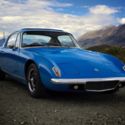 Lotus Elan Plus 2
Lotus Elan Plus 2
Mileage: 82,706
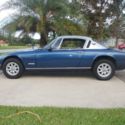 Lotus Elan plus 2 S/130
Lotus Elan plus 2 S/130
Mileage: 68,260
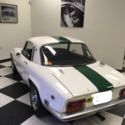 1969 Lotus Elan SE FHC
1969 Lotus Elan SE FHC
Mileage: 93,000
